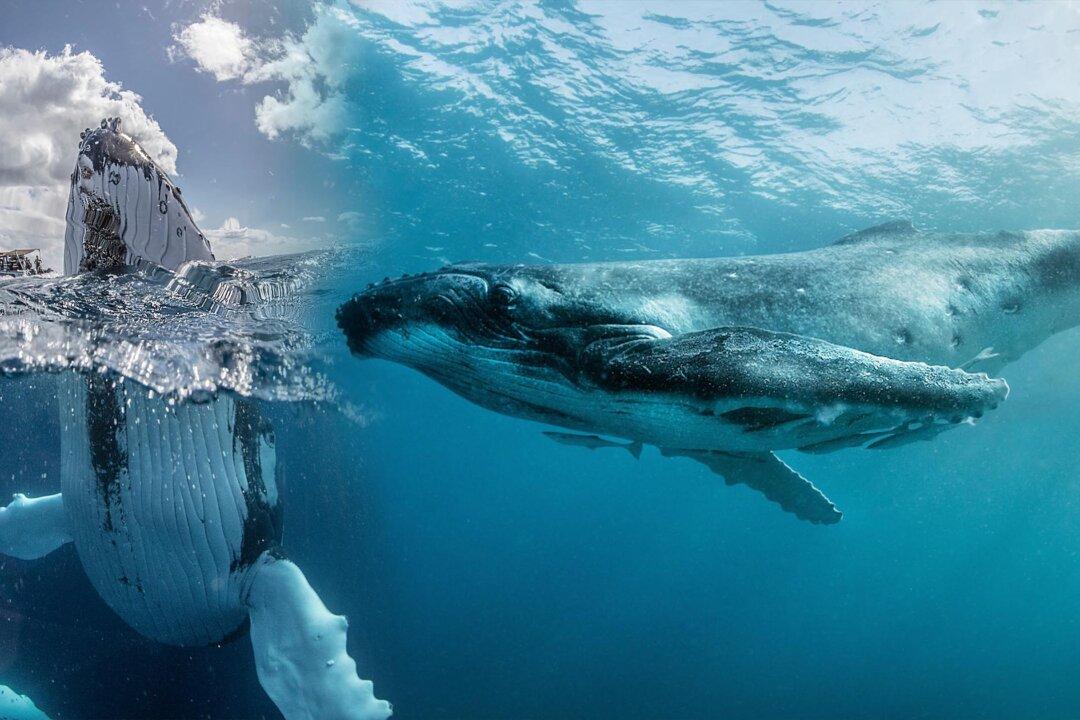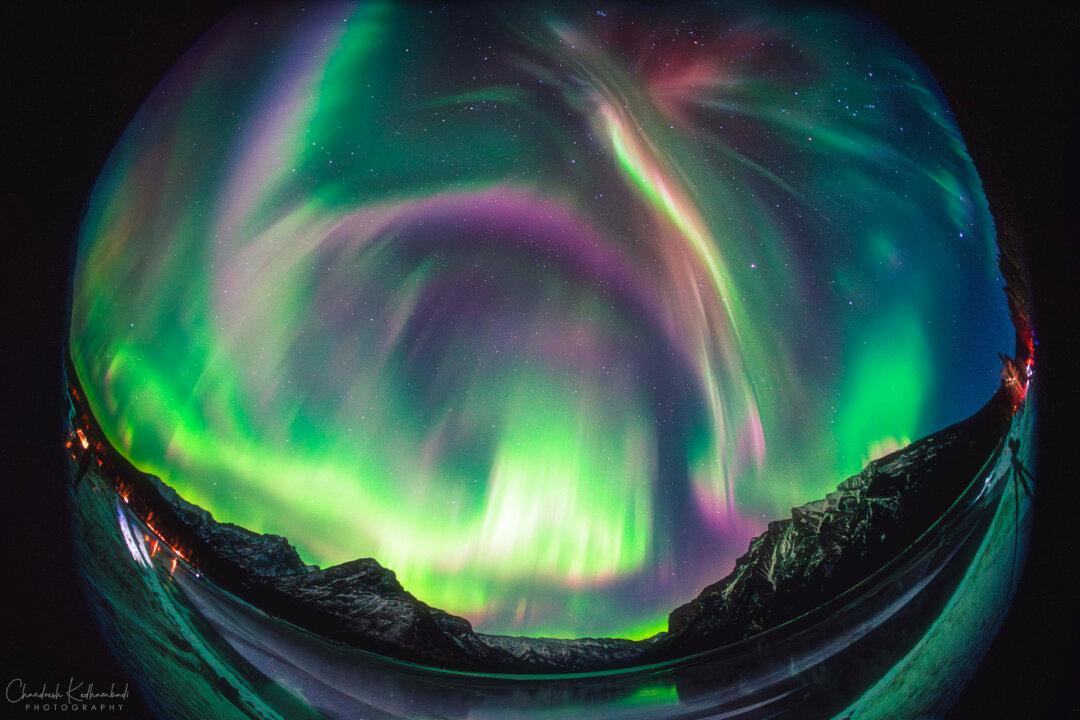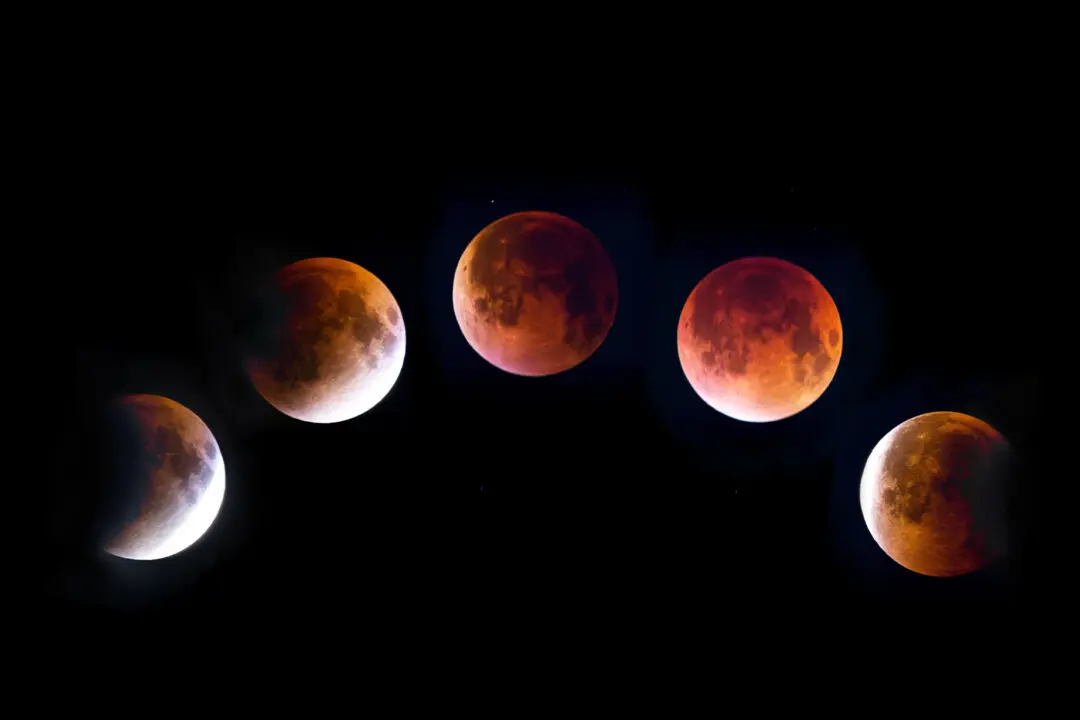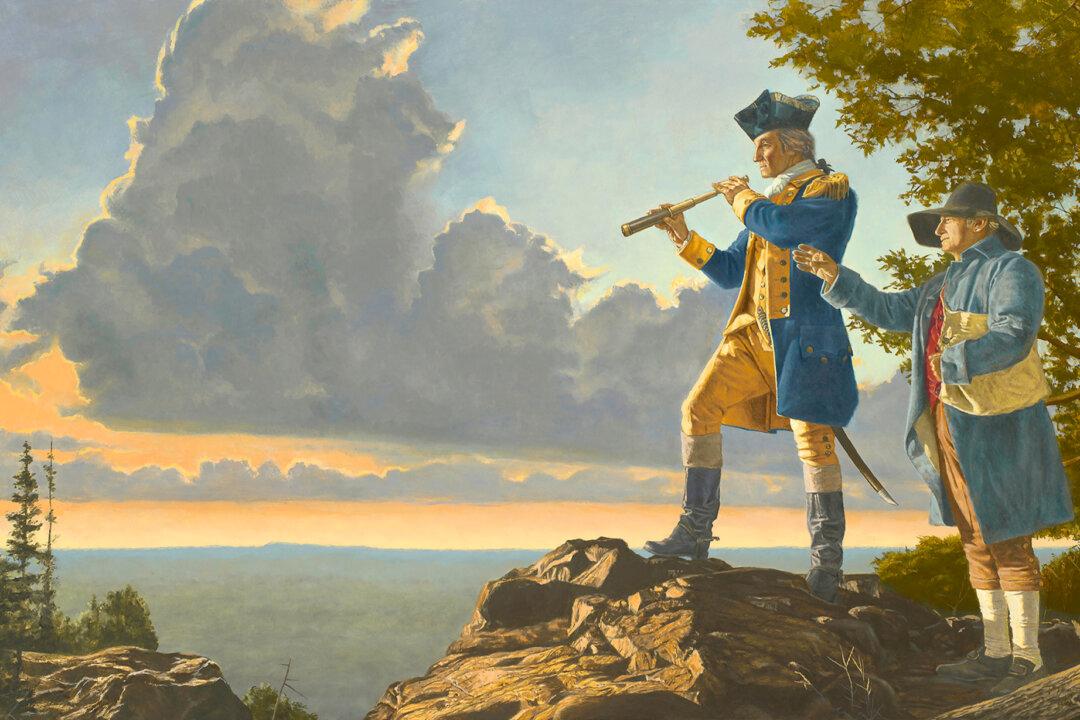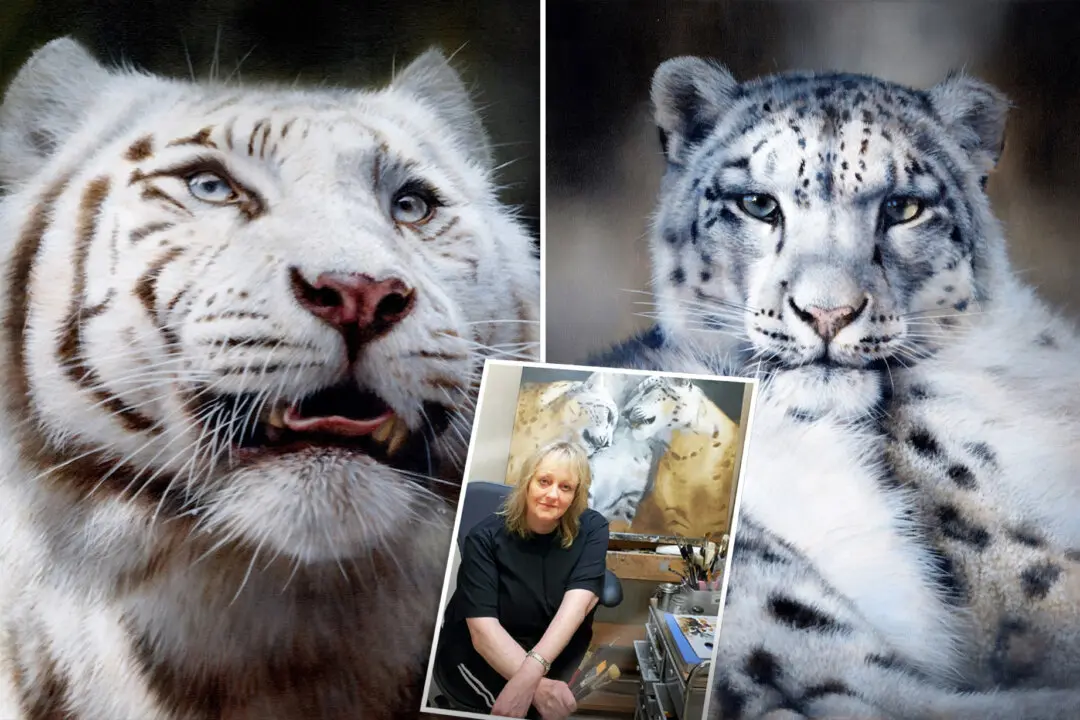On the first day of the expedition, Mikhail Korostelev headed straight out to sea. Even after several flights, he didn’t bother booking a hotel before casting off to spot—and be spotted by—whales amid the Polynesian island kingdom of Tonga, in the South Pacific.
A former Moscow-based IT manager, Korostelev abandoned that vocation to pursue underwater photography in 2016, and whales were foremost among his favorite subject matter. From experience, he knows these great vertebrates of the brine are often as curious of us as we are of them. The diver runs Whale Watching Expeditions and captures the tranquil beauty of whales through his underwater lens.

